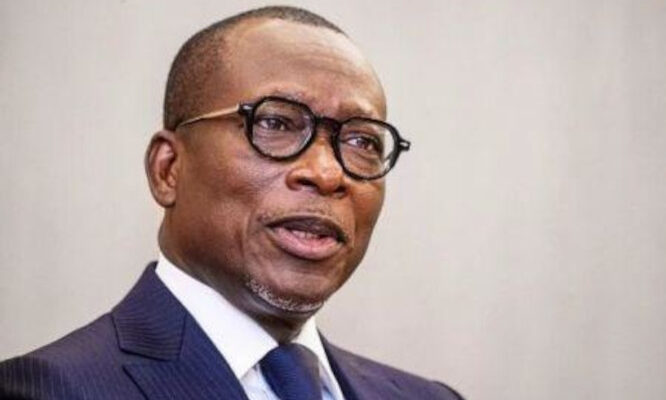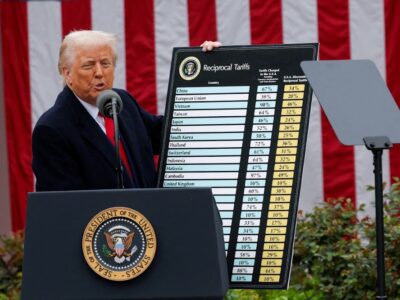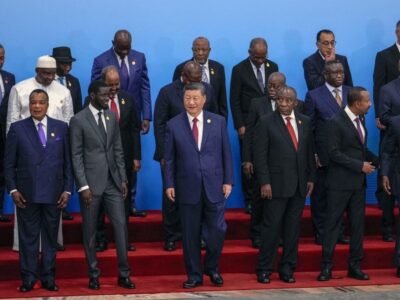
(Ecofin Agency) – President Patrice Talon of Benin has taken a firm stance by halting crude oil shipments from Niger passing through a jointly constructed pipeline. This decision, described as “difficult but necessary,” aims to formalize economic exchanges between the two nations, emphasizing the need for structured trade channels.
President Talon expressed the imperative of establishing formal economic ties to facilitate the transit of goods, including oil, through Benin for export. Despite communicating this requirement to Nigerien authorities on May 8, a satisfactory response has yet to be received.
While the Economic Community of West African States (ECOWAS) has eased sanctions, Niger continues to close its borders with Benin, citing the presence of alleged “enemy forces” collaborating with Benin. This border closure has led to informal trade, causing cereal prices to surge on both sides of the border, in transactions deemed illicit due to lack of approval from Nigerien leaders.
President Talon highlighted the distinction between humanitarian tolerance for disruptions in cereal trade, where Benin has supported Niger as a net cereal exporter, and the formal contract-bound oil transport via the pipeline. He emphasized that informal exchanges are not acceptable for pipeline operations, urging for adherence to formal agreements.
Addressing concerns over Chinese involvement, President Talon clarified that Chinese entities were informed that Benin would not allow the loading of Nigerien products in its waters as long as Niger maintains closed borders with Benin. The 2000-kilometer pipeline to the Seme oil terminal, bordering Nigeria and Benin, operates under a detailed contract outlined in the Extractive Industries Transparency Initiative (EITI) reports on Niger, defining cooperation terms and stakeholder responsibilities. Recent revelations of Niger securing a $400 million loan from China at 7% interest for one year, purportedly as an advance on crude oil sales, raise questions about considerations for Benin’s revenue expectations ($0.5 per barrel for the first ten years) and taxes. President Talon’s statements suggest a lack of alignment between Nigerien negotiators and Benin’s financial interests in the oil deal.










Comments